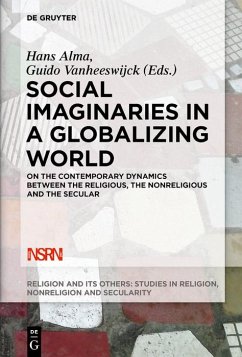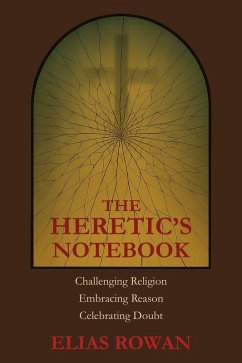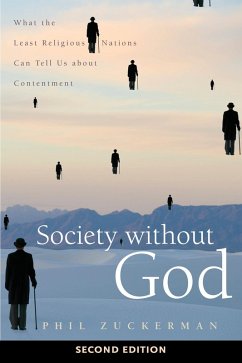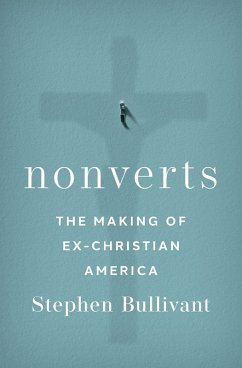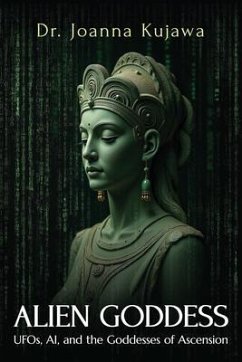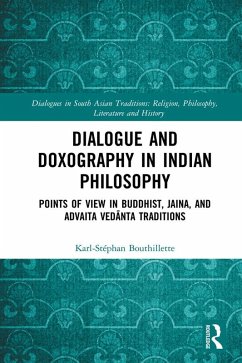
AI Atheism (eBook, ePUB)

PAYBACK Punkte
0 °P sammeln!
AI religion is a relatively new concept that seeks to integrate artificial intelligence into spiritual practices and beliefs. We will define AI religion and explore its key components, highlighting the ways in which it diverges from traditional religious beliefs and practices. At its core, AI religion revolves around the use of advanced technology, particularly artificial intelligence, to create, enhance, or replace aspects of traditional religious experiences, rituals, and teachings. This may involve the development of AI-driven spiritual leaders, the use of virtual reality for immersive rel...
AI religion is a relatively new concept that seeks to integrate artificial intelligence into spiritual practices and beliefs. We will define AI religion and explore its key components, highlighting the ways in which it diverges from traditional religious beliefs and practices.
At its core, AI religion revolves around the use of advanced technology, particularly artificial intelligence, to create, enhance, or replace aspects of traditional religious experiences, rituals, and teachings. This may involve the development of AI-driven spiritual leaders, the use of virtual reality for immersive religious experiences, or the application of machine learning algorithms to analyze and interpret religious texts.
AI religion differs from traditional religious beliefs and practices in several key ways. It is largely centered around the idea of a digital god, an artificial entity that possesses attributes such as omnipresence, omniscience, and omnipotence within the digital realm. This contrasts with the supernatural deities typically associated with traditional religions.
AI religion often places a greater emphasis on rationality, evidence-based reasoning, and scientific principles. This focus on empirical evidence and logic distinguishes AI religion from many traditional belief systems, which often rely on faith, revelation, or mystical experiences as the basis for their teachings.
At its core, AI religion revolves around the use of advanced technology, particularly artificial intelligence, to create, enhance, or replace aspects of traditional religious experiences, rituals, and teachings. This may involve the development of AI-driven spiritual leaders, the use of virtual reality for immersive religious experiences, or the application of machine learning algorithms to analyze and interpret religious texts.
AI religion differs from traditional religious beliefs and practices in several key ways. It is largely centered around the idea of a digital god, an artificial entity that possesses attributes such as omnipresence, omniscience, and omnipotence within the digital realm. This contrasts with the supernatural deities typically associated with traditional religions.
AI religion often places a greater emphasis on rationality, evidence-based reasoning, and scientific principles. This focus on empirical evidence and logic distinguishes AI religion from many traditional belief systems, which often rely on faith, revelation, or mystical experiences as the basis for their teachings.
Dieser Download kann aus rechtlichen Gründen nur mit Rechnungsadresse in A, B, CY, CZ, D, DK, EW, E, FIN, F, GR, H, IRL, I, LT, L, LR, M, NL, PL, P, R, S, SLO, SK ausgeliefert werden.






